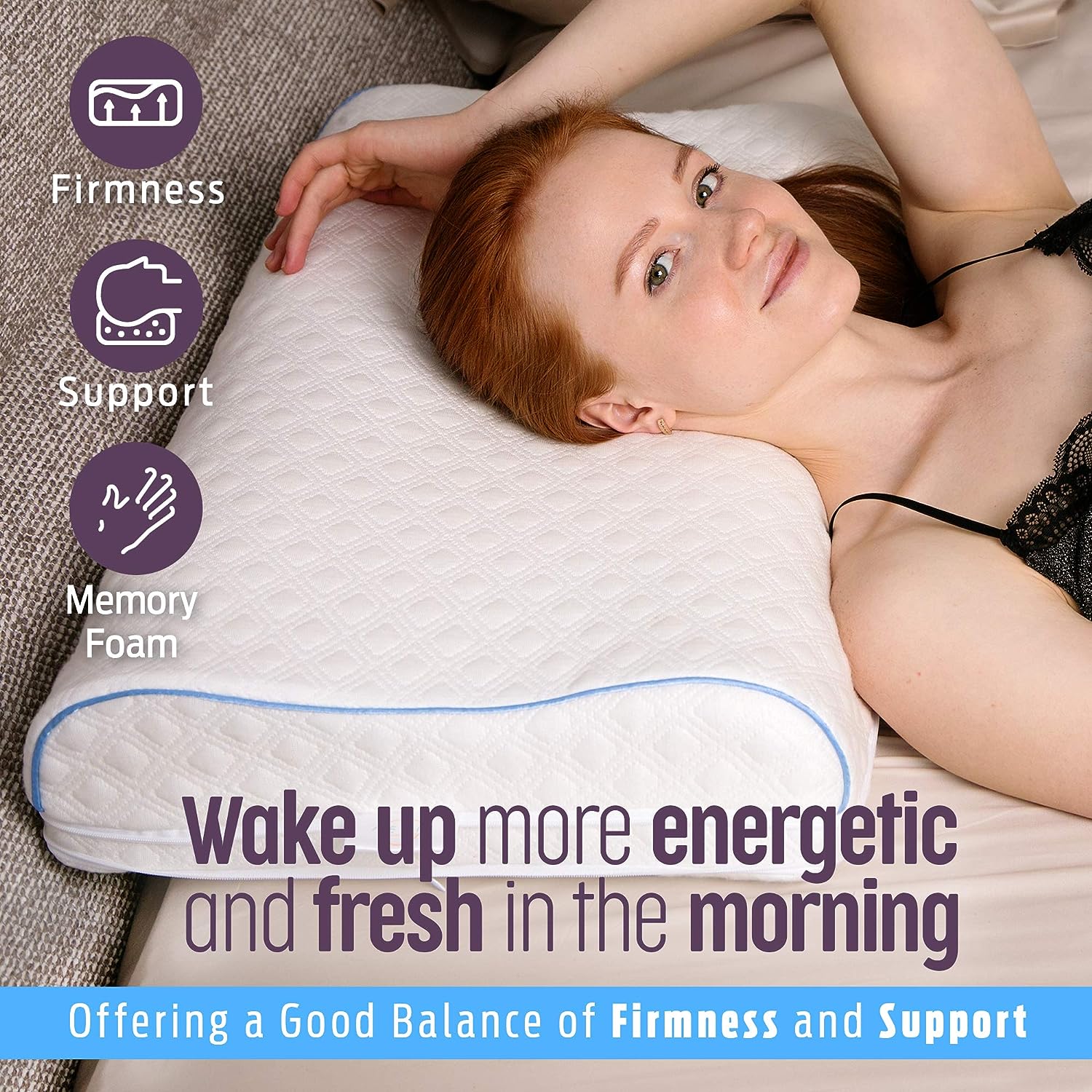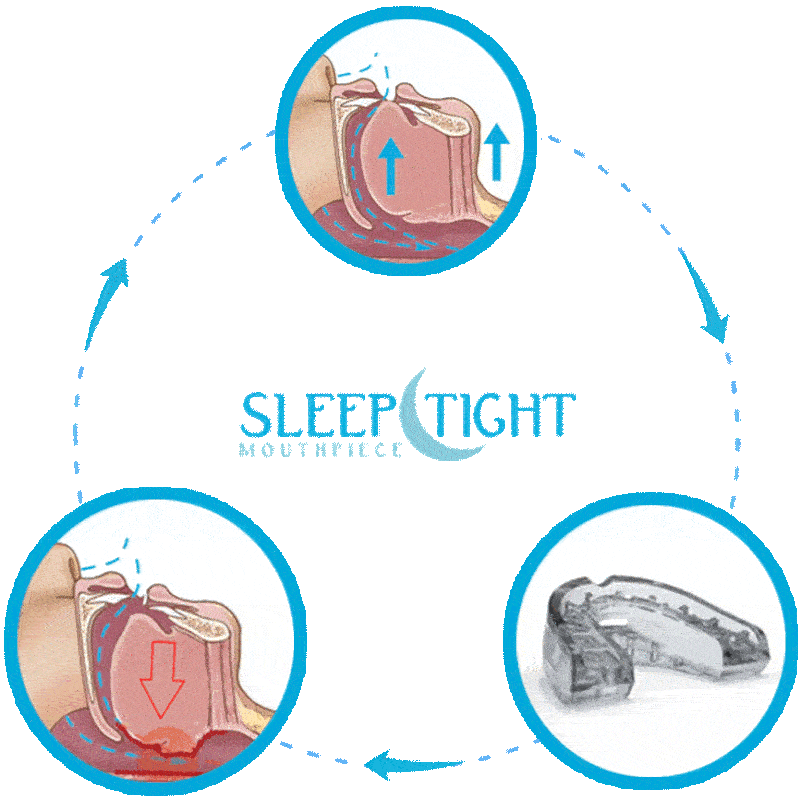Are you tired of tossing and turning every night, desperately trying to get a good night’s sleep? Well, you’re not alone! Many people struggle with sleep issues and it can have a big impact on our daily lives. But don’t worry, because I’m here to help! In this article, we will explore some helpful tips and strategies for getting better sleep. So, grab a cozy blanket and let’s dive in!
Firstly, establishing a consistent sleep routine can work wonders for improving your sleep quality. Going to bed and waking up at the same time every day can help regulate your body’s internal clock and promote better sleep. It might be tempting to stay up late on weekends, but try to stick to your regular schedule as much as possible. Additionally, creating a relaxing bedtime routine can signal to your body that it’s time to wind down. This could include activities such as reading a book, taking a warm bath, or practicing deep breathing exercises. By consistently following a sleep routine, you’ll train your body to recognize when it’s time to sleep and when it’s time to wake up.
In addition to establishing a sleep routine, creating a sleep-friendly environment is essential for getting better sleep. Invest in a comfortable mattress and pillows that support your body and help you feel relaxed. It’s also important to keep your bedroom cool, dark, and quiet. Consider using blackout curtains or a sleep mask to block out any unwanted light, and use earplugs or a white noise machine to drown out any background noise. Avoid using electronic devices, such as smartphones or laptops, before bed as the blue light they emit can interfere with the production of melatonin, a hormone that regulates sleep. Instead, try reading a book or listening to calming music before you sleep. With these tips, you’ll be able to create a sleep sanctuary that promotes deep and restful slumber. So, get ready to say farewell to sleepless nights and hello to sweet dreams!

Understanding the Importance of Quality Sleep
The impact of sleep on overall health and well-being
Quality sleep plays a crucial role in maintaining our overall health and well-being. It is during sleep that our bodies repair and rejuvenate themselves, allowing us to wake up feeling refreshed and ready to take on the day. Not getting enough sleep can have numerous negative effects on both our physical and mental health.
Negative effects of sleep deprivation
Sleep deprivation can have both short-term and long-term consequences. In the short term, lack of sleep can lead to poor concentration, decreased productivity, and impaired cognitive function. It can make it harder to focus, solve problems, and make decisions. In the long term, chronic sleep deprivation has been linked to an increased risk of ailments such as obesity, diabetes, cardiovascular disease, and even mental health disorders like depression and anxiety.
Benefits of getting sufficient and restful sleep
On the other hand, getting sufficient and restful sleep has numerous benefits for our overall health. Adequate sleep improves our memory and cognitive function, enhances our immune system, and promotes better emotional well-being. It can also boost our mood, increase our ability to manage stress, and lower the risk of developing chronic health conditions. Clearly, prioritizing quality sleep is essential for maintaining optimal health and well-being.
Creating a Sleep-Friendly Environment
Choosing the right mattress and pillow
One important aspect of creating a sleep-friendly environment is choosing the right mattress and pillow. A comfortable and supportive mattress and pillow can greatly improve the quality of your sleep. Look for a mattress that offers proper spinal alignment and alleviates pressure points. Similarly, choose a pillow that provides adequate support for your head and neck based on your sleeping position.
Setting the ideal room temperature
The temperature of your room can have a significant impact on your sleep quality. It is generally recommended to keep your bedroom cool, around 60 to 67 degrees Fahrenheit (15 to 19 degrees Celsius), as this promotes better sleep. Experiment with different temperatures to find what works best for you and your comfort level.
Reducing noise and light distractions
Unwanted noises and light distractions can disrupt your sleep. Consider using earplugs, a white noise machine, or a fan to mask any disturbing sounds. Additionally, invest in blackout curtains or use an eye mask to block out any excess light that may interfere with your sleep.
Keeping the bedroom clean and clutter-free
A clean and clutter-free bedroom can contribute to a more relaxing sleep environment. Remove any unnecessary clutter and create a calming atmosphere in your bedroom. Keep your bedroom tidy and well-organized to promote a sense of calm and tranquility.
Establishing a Consistent Sleep Schedule
The role of regular sleep patterns
Establishing a consistent sleep schedule is vital for improving the quality of your sleep. Our bodies thrive on routine, and having a regular sleep-wake cycle helps regulate our internal clock, known as the circadian rhythm. This helps to synchronize various bodily functions, including our sleep patterns.
Determining the appropriate amount of sleep for your needs
While the recommended amount of sleep for adults is generally between 7-9 hours per night, each individual may have different sleep needs. It’s important to determine the amount of sleep that leaves you feeling refreshed and rested. Pay attention to your body’s signals and adjust your sleep duration accordingly.
Setting a consistent bedtime and wake-up time
Consistency is key when it comes to regulating your sleep schedule. Try to go to bed and wake up at the same time every day, even on weekends. This will help train your body to prepare for sleep and wake up naturally, without the need for an alarm clock.
Avoiding excessive napping
While short power naps can be beneficial for some individuals, excessive napping during the day can interfere with your ability to fall asleep at night. If you struggle with falling asleep at night, try to limit daytime napping or keep it to early afternoon hours.
Developing a Relaxing Pre-Sleep Routine
The importance of winding down before bed
Having a pre-sleep routine helps signal to your body that it’s time to relax and prepare for sleep. Engaging in relaxing activities before bed can help calm your mind and promote a more restful sleep. Establishing a bedtime routine can be as simple as reading a book, taking a warm bath, or practicing mindfulness or relaxation techniques.
Engaging in calming activities
Engaging in calming activities can help ease your mind and body into a more relaxed state before sleep. Consider incorporating activities such as gentle stretching, deep breathing exercises, or listening to soothing music into your pre-sleep routine.
Practicing relaxation techniques
Various relaxation techniques can be beneficial for promoting better sleep. Try incorporating practices such as meditation, progressive muscle relaxation, or yoga into your pre-sleep routine. These techniques can help reduce stress and anxiety, making it easier to fall asleep and stay asleep throughout the night.
Avoiding stimulating activities and electronic devices
It’s important to avoid engaging in stimulating activities or using electronic devices close to bedtime. The blue light emitted by electronic devices can interfere with the production of melatonin, a hormone essential for regulating sleep. Instead, opt for screen-free activities such as reading a book or listening to music to wind down before bed.
Creating a Comfortable Sleep Environment
Choosing suitable sleepwear
The choice of sleepwear can significantly impact your sleep quality. Opt for loose-fitting, breathable fabrics that promote airflow and regulate body temperature. Avoid wearing clothes that are too tight or made from non-breathable materials, as they can cause discomfort and disrupt your sleep.
Keeping the bedroom well-ventilated
Proper ventilation is essential for maintaining a comfortable sleep environment. Ensure that your bedroom is well-ventilated by opening windows or using a fan to circulate fresh air. However, be mindful of allergens such as pollen or dust, especially if you suffer from allergies.
Ensuring optimal room darkness
Creating a dark environment can help promote better sleep by signaling to your body that it’s time to rest. Use blackout curtains or blinds to block out any unwanted light from street lamps or sunlight. Additionally, consider covering any electronic devices or alarm clocks that emit light during the night.
Using white noise or soothing sounds
White noise or soothing sounds can help drown out any disruptive noises and create a more peaceful sleep environment. Consider using a white noise machine or playing gentle nature sounds, relaxing music, or guided sleep meditations to help you drift off to sleep more easily.
Promoting Good Sleep Hygiene
Maintaining a healthy diet and exercise routine
A healthy diet and regular exercise can positively impact your sleep quality. Avoid consuming heavy meals, caffeine, or alcohol close to bedtime, as they can interfere with your ability to fall asleep. Instead, incorporate a balanced diet and regular exercise into your daily routine to promote better sleep.
Avoiding caffeine, alcohol, and heavy meals before bed
Caffeine and alcohol are known to disrupt sleep patterns, so it’s important to avoid consuming them close to bedtime. Both substances can interfere with the quality and duration of your sleep. Similarly, heavy meals can cause digestive discomfort and make it harder to fall asleep. Aim to finish eating at least two to three hours before bedtime.
Limiting fluid intake close to bedtime
While hydration is important for overall health, it’s best to limit your fluid intake close to bedtime to avoid disruptive trips to the bathroom during the night. This can help you stay asleep and get a more restful night’s rest.
Managing stress and anxiety
Stress and anxiety can significantly impact your ability to fall asleep and stay asleep. It’s important to find healthy ways to manage stress throughout the day and before bed. Practice relaxation techniques, engage in activities you enjoy, and consider stress-management strategies such as journaling or talking to a trusted friend or therapist.
Understanding the Role of Technology in Sleep
Effects of screen time on sleep quality
The increased use of technology and electronic devices in our daily lives can have a negative impact on our sleep quality. The blue light emitted by screens can interfere with the production of melatonin and disrupt sleep patterns. Minimize your screen time, especially in the hours leading up to bedtime, to improve your sleep.
Implementing digital detox before bed
Implementing a digital detox before bed can help prepare your mind and body for sleep. Set aside a specific time, such as an hour before bed, to disconnect from electronic devices. Instead, engage in calming activities such as reading, listening to music, or practicing relaxation techniques.
Utilizing sleep-tracking apps or devices
Sleep-tracking apps or devices can provide valuable insights into your sleep patterns and help you identify areas for improvement. These tools can track your sleep duration, sleep stages, and provide recommendations for enhancing your sleep quality. Utilize this technology to gain a better understanding of your sleep habits and make positive changes.
Exploring sleep-promoting technologies
Various sleep-promoting technologies are available that can aid in improving your sleep quality. Some examples include smart mattresses that adjust to your comfort preferences, sleep headphones that play soothing sounds, or sleep-aid apps that provide guided meditations or relaxing sounds to help you fall asleep. Explore these options to find what works best for you and enhances your sleep experience.
Seeking Professional Help for Sleep Issues
When to consult a healthcare professional
If you consistently struggle with sleep problems despite trying various strategies, it may be beneficial to consult a healthcare professional. They can conduct a thorough evaluation, identify any underlying sleep disorders or medical conditions, and recommend appropriate treatments.
Common sleep disorders and their symptoms
There are several common sleep disorders that can significantly affect sleep quality. These include insomnia, sleep apnea, restless leg syndrome, and narcolepsy, among others. If you experience symptoms such as difficulty falling asleep or staying asleep, excessive daytime sleepiness, or loud snoring, it’s important to seek medical attention to diagnose and treat any potential sleep disorders.
Available treatments and therapies
Depending on the diagnosis, there are various treatments and therapies available for sleep disorders. These may include cognitive-behavioral therapy for insomnia (CBT-I), continuous positive airway pressure (CPAP) therapy for sleep apnea, medication, or other specialized treatments. A healthcare professional can guide you through the options and help determine the most appropriate course of action.
Exploring Natural Remedies and Sleep Aids
Herbal supplements and their potential benefits
Certain herbal supplements, such as valerian root, chamomile, and lavender, have been used for centuries to promote better sleep. These supplements can help calm the mind and relax the body, making it easier to fall asleep. However, it’s important to consult with a healthcare professional before taking any herbal supplements to ensure they are safe and appropriate for you.
Aromatherapy and essential oils for sleep
Aromatherapy, the use of essential oils, can be a natural and effective way to promote better sleep. Lavender, chamomile, and bergamot are some examples of essential oils known for their calming and sleep-inducing properties. Use them in a diffuser, add them to bathwater, or apply them topically (diluted) to experience their benefits.
Alternative therapies like acupuncture or meditation
Alternative therapies, such as acupuncture or meditation, can help improve sleep quality by reducing stress and promoting relaxation. Acupuncture involves the insertion of thin needles into specific points of the body, while meditation focuses on clearing the mind and reducing stress. These therapies can aid in better sleep by calming the nervous system and promoting a state of relaxation.
Effectiveness and safety of sleep aids
Sleep aids, both over-the-counter and prescription, can provide temporary relief for sleep issues. However, it’s important to use them responsibly and under the guidance of a healthcare professional. Some sleep aids can be habit-forming or cause side effects, so it’s essential to weigh the benefits against the potential risks and use them sparingly.
Conclusion
Getting better sleep is essential for overall health and well-being. By understanding the importance of quality sleep and implementing certain tips and strategies, you can improve your sleep hygiene and experience the numerous benefits that come with a good night’s rest. From creating a sleep-friendly environment to establishing a consistent sleep schedule and following relaxation techniques, there are several actionable steps you can take to prioritize your sleep. Remember, good sleep is a vital self-care practice that positively impacts every aspect of your life. So don’t underestimate the power of a good night’s sleep and start taking steps towards achieving it today.



